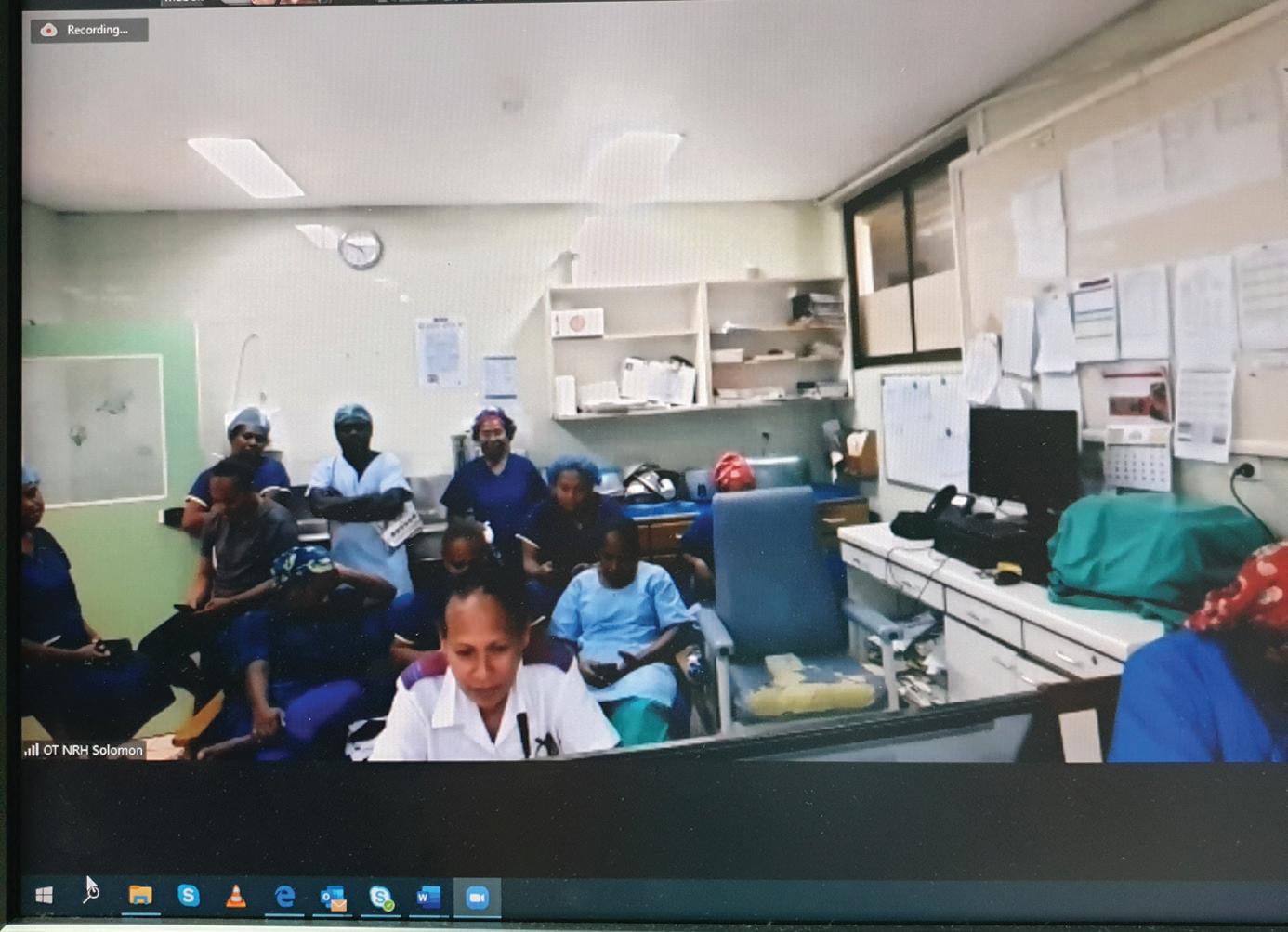28
Advocacy feature
Advocacy update Read on for a list of some of our recent advocacy work. Pregnancy warning labels for alcoholic beverages The College is pleased to share that alcohol bottles will need to display a prominent warning label outlining the dangers of drinking while pregnant. This will become mandatory across Australia and New Zealand following a decision by the governments of both countries in July. New Zealand and Australia, which have a joint food regulation system and share food standards for labelling, currently have voluntary labelling of alcoholic beverages with health warnings about not drinking alcohol while pregnant. Following this decision, manufacturers will now have three years to implement a standard pregnancy warning on alcoholic beverages. For bottles larger
than 200 millilitres, the standard labels will have black, white and red text stating “PREGNANCY WARNING: Alcohol can cause lifelong harm to your baby.� Smaller bottles will need to display the pictogram, which will be required to print a picture that also uses the black, white and red colour scheme. RACS firmly believes the alcohol warning labels will significantly improve community awareness of the risks of drinking alcohol throughout pregnancy, and will result in fewer babies born with fetal alcohol spectrum disorder in years to come. We would like to thank the Trauma Committee and the many Fellows who have contributed to our advocacy efforts against the harmful effects of alcohol and illicit drugs over many years. RACS congratulates the Australian and New Zealand governments for taking strong leadership in this area, despite vocal opposition from the alcohol industry. We also acknowledge the hard work of the Foundation for Alcohol Research and Education (FARE) and other like-
minded organisations, as well as the many practitioners and researchers who campaigned for this reform.
Health arrangements in natural disasters In April, RACS made a submission to the Royal Commission into National Natural Disaster Arrangements. The Commission subsequently released an issues paper for public comment. The issues paper explores some of the health and mental health arrangements in relation to natural disasters in Australia. It provides an overview of Australia’s health care arrangements and discusses the role of primary care providers, the health effects of bushfire smoke, and whether there is a need for greater research into any particular health effects of natural disasters. The paper poses six questions on which the Commission invited comments and submissions from the community, and particularly encourages health care providers, health policy departments and agencies, researchers, emergency coordinators and practitioners to provide their views. RACS sent a submission to the Commission in June, in which we expanded our initial submission from April. The response also made additional recommendations in relation to research priorities and communication strategies. The full submission is available on the RACS website.
First meeting of the new RACS Advocacy Working Groups In the first week of June, both the Sustainability in Health Care Working



















